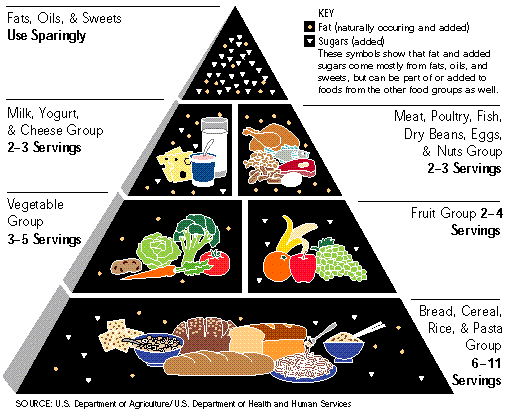Listeria is a naturally occurring form of bacterium often found in food and elsewhere in nature. In its most serious form, it can lead to brain infections and even death. You can minimize your chances of contracting listeriosis (as well as other foodborne illnesses) by taking certain precautionary measures. You should read and follow all package labels and instructions on food preparation and storage.
After handling foods in the kitchen, especially raw foods such as meat and fish, thoroughly clean and sanitize all surfaces used for food preparation with a kitchen sanitizer or use a bleach solution (5 ml household bleach to 750 ml of water), and rinse with water.To avoid cross-contamination, clean all knives, cutting boards and utensils used with raw food before using them again.
You must thoroughly clean fruits and vegetables before you eat them and refrigerate or freeze perishable food, prepared food and leftovers within two hours. Defrost food in the refrigerator, in cold water or in the microwave, but never at room temperature. Keep leftovers for a maximum of four days only and reheat them to an internal temperature of 74C (165F) before eating them. Check the temperature in your refrigerator using a thermometer to make sure it is at 4C (40F) or below. As the storage temperature increases, so does the growth of Listeria in foods.
The higher the number of bacteria in foods, the greater is the risk of getting sick. Maintain a clean environment by frequently washing and disinfecting the refrigerator. The more often it is cleaned, the less chance there will be for Listeria to be transferred from contaminated food and surfaces to non-contaminated foods.
High-risk individuals should take additional safety precautions by following the recommendations below and avoid certain foods:
* Hot dogs, especially straight from the package without further heating. The fluid within hot dog packages may contain more Listeria than the hot dogs. Avoid spreading fluid from packages onto other foods, cutting boards, utensils, dishes and food preparation surfaces. Wash your hands after handling hot dogs.
* Non-dried deli-meats....Instead you can try dried and salted deli-meats such as salami and pepperoni, as they generally do not support the growth of Listeria. In addition, you can reduce your risk by reheating deli-meats until steaming hot.
* Soft and semi-soft cheeses such as feta, Brie, Camembert and blue-veined cheese if they are made from unpasteurized milk. Try Pasteurized milk and milk products including cheeses made from pasteurized milk.
* Refrigerated pate and meat spreads. Try canned or shelf-stable p�t and meat spreads.
* Refrigerated smoked seafood and fish. Try cooked refrigerated smoked seafood and fish. Canned or shelf-stable smoked seafood and fish.
* Raw or undercooked meat, poultry and fish. Try thoroughly cooked meat, poultry and fish.
Food producers and processors are doing their best to protect consumer's food from the farm to the retail store. Efforts are being made to reduce the risks associated with Listeria monocytogenes throughout the food production process. Individual companies and industry associations are working to develop systems that will further enhance the safety of their product for human consumption.

 The Simplest Way To Lessen Your High Cholesterol By Natural Means
High-cholesterol is a major variable inside the countrywide
The Simplest Way To Lessen Your High Cholesterol By Natural Means
High-cholesterol is a major variable inside the countrywide
 Introduction To Of Some Lower Cholesterol Foodstuffs
Cholesterol is a fat-like element contained in the physique
Introduction To Of Some Lower Cholesterol Foodstuffs
Cholesterol is a fat-like element contained in the physique
 Starting Up An Aquaponics Set Up From See The Easy Way
Planting seeds in your aquaponics system can be a lot simpl
Starting Up An Aquaponics Set Up From See The Easy Way
Planting seeds in your aquaponics system can be a lot simpl